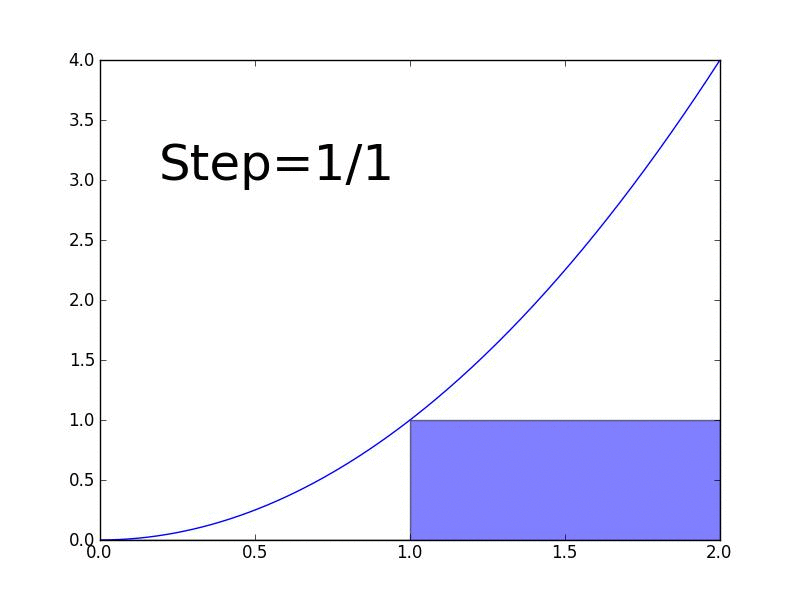I'm thinking about using a DS18B20 for a RIMS system that is driven by an Arduino. How frequent should the Arduino's PID sample the DS18B20? As fast as it can? or if there was some downside with back to back temperature reading cycles?
Just seeing what other people use. If I should be looking for an analog temperature probe for this setup. If so, what kind.
Just seeing what other people use. If I should be looking for an analog temperature probe for this setup. If so, what kind.









![Craft A Brew - Safale BE-256 Yeast - Fermentis - Belgian Ale Dry Yeast - For Belgian & Strong Ales - Ingredients for Home Brewing - Beer Making Supplies - [3 Pack]](https://m.media-amazon.com/images/I/51bcKEwQmWL._SL500_.jpg)







































